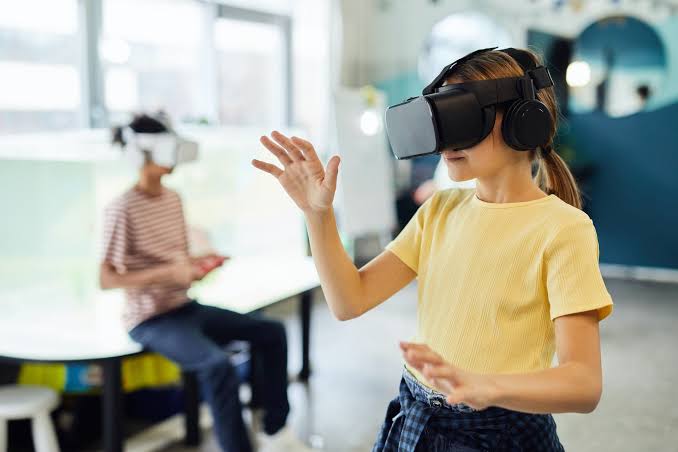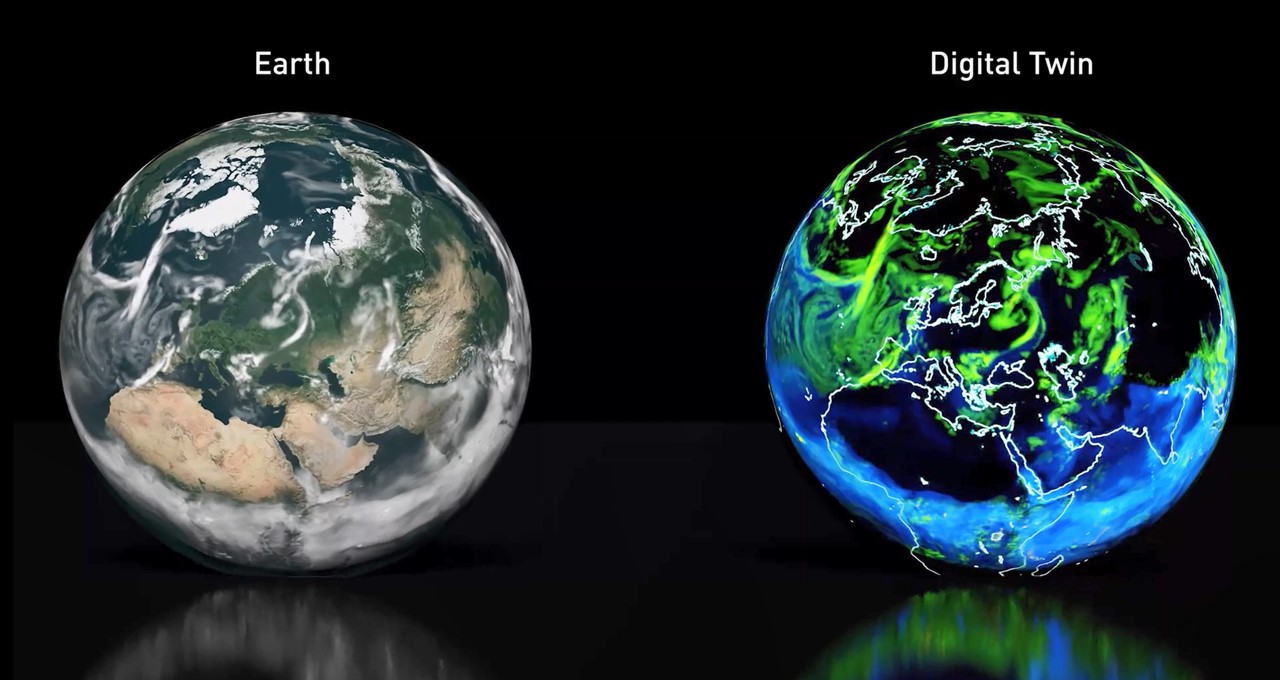
Australian researchers plan to visit the Netherlands to organize a Psychedelic Retreat to enlist participants for a virtual reality (VR) study. Individuals who express interest in the study consume hallucinogenic substances legally in a controlled setting to participate in these retreats. The researchers have designed the retreat to recruit participants open to experiencing the effects of these substances in a safe and secure environment.
Many guests actively participate in the scientists’ experiment, willingly ingesting the psilocybin compound found in magic mushrooms. After the intoxicating effects wear off, participants wear VR headsets that transport them to a serene virtual environment with radiant stars and colossal fireflies.
Within the VR realm, guests can seize a star and utilize it as a recording device for their introspective thoughts and emotions during the peak of their psilocybin-induced intoxication. These audio recordings fuse to form a vibrant constellation of stars in the virtual environment.
The following day, subjects revisit the VR world to listen to their recordings and recollect their experiences. Participants can expand upon specific stars using the virtual space, augmenting the associated thoughts and emotions. All these are done while metaphorically purging others in a simulated conflagration.
LSD + Virtual Reality
Significant advancements in VR technology and psychedelics’ therapeutic use have recently transpired. These developments have created an opportunity to forge stronger links between these two fields. The use of LSD and magic mushrooms, for example, has been demonstrated to be efficacious in treating addiction and depression.
However, Agnieszka Sekula, a doctoral candidate at Swinburne University in Australia, has highlighted the challenges of recalling thoughts and emotions experienced during intoxication. This presents a formidable obstacle in the treatment of mental health disorders.
Enosis Therapeutics is spearheading research into the potential use of VR technology for psychedelic therapy. They have developed VR environments that facilitate the recollection of patients’ experiences. This allows them to construct a “mind map” of their thoughts and emotions during therapy.
Therapists can observe patients’ experiences via a screen without entering the virtual world. Voice recordings are used as memory aids, capturing patients’ authentic emotions, enabling them to recollect their experiences in greater detail.
Featured image from vrscout.com



